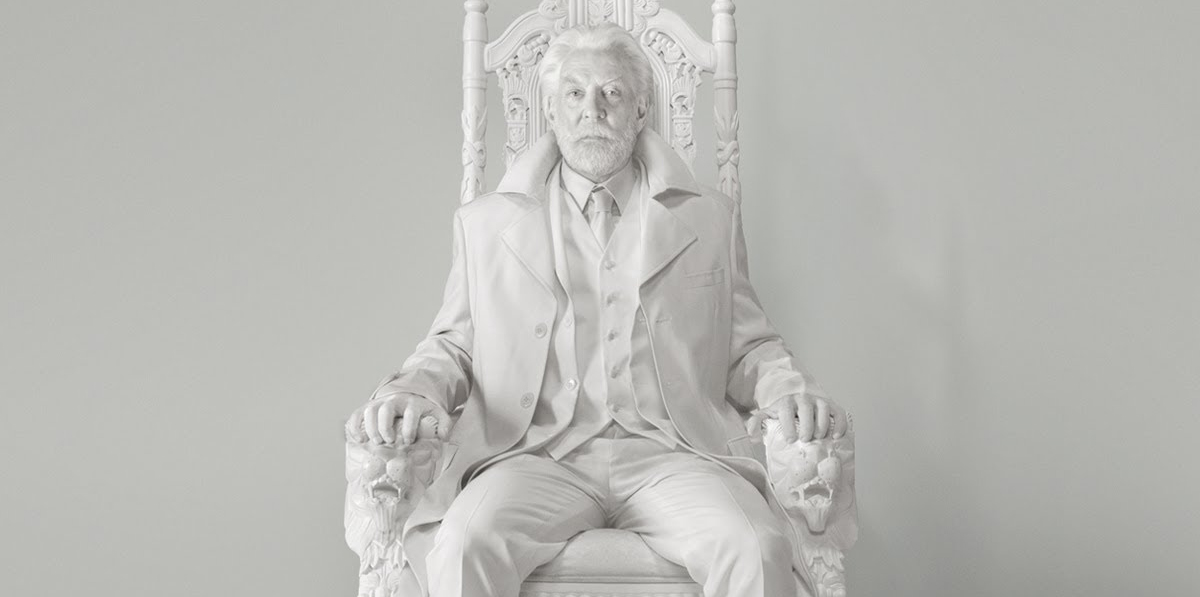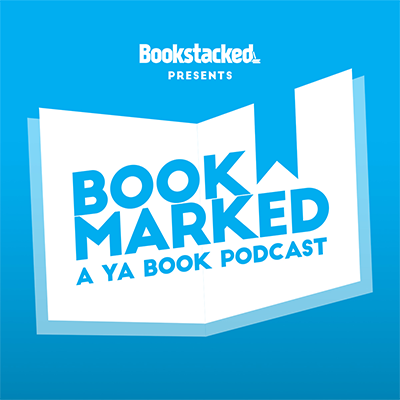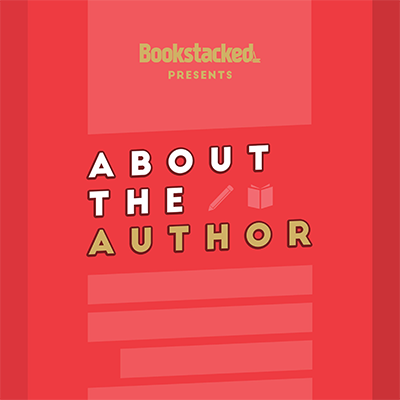While I’m sure there are those who feel differently, I personally love villain origin stories. Villains — or even just antagonists — are fun for me as both a reader and a writer.
So when Entertainment Weekly announced that Suzanne Collins’ upcoming Hunger Games prequel, The Ballad of Songbirds and Snakes, would tell the story of President Coriolanus Snow — Katniss Everdeen’s powerful and clever rival in the Hunger Games trilogy — the prospect of a Snow origin story didn’t necessarily worry me like it did others.
However, what does worry me is the prospect of Snow being framed as a hero.
That worry is at the core of my feelings toward last year’s film, ‘Joker.’ Another villain backstory, ‘Joker’ explores how the iconic Batman villain spirals out of control and into the cackling lunatic that comes to terrorize Gotham City. There’s been a lot said about ‘Joker’ and its problematic aspects. The criticism isn’t very different from some of the criticism we’re seeing toward Collins’ new book.
Just a heads up: there are major ‘Joker’ and ‘Breaking Bad’ spoilers below. Continue at your own risk.
I found the final act of ‘Joker,’ in particular, to be incredibly problematic. The ending of ‘Joker’ frames the villain as a hero. Arthur Fleck, the given name of this particular Joker, finally snaps and launches into a shocking murder on live television. It’s a horrific act — one that surely draws inspiration from similar real-life tragedies.
But — HEY — some will say. He’s the villain. He supposed to do villainy things. Darth Vader killed rebels and really hates sand. Voldemort killed James and Lily. It’s what they do!
The problem in ‘Joker’ isn’t so much that Joker does villainy things. It’s that he’s celebrated for doing terrible things. Shortly after his rampage and a quick arrest, the downtrodden people of Gotham save Arthur from going to prison. They rally around him, cheer his name, and don his face via clown masks. He’s an icon. An inspiration, according to the film’s logic.

Nevermind all the bad that he’s done. He’s the hero of the story — and you’re meant to cheer him on.
Contrast that with a different not-a-book (forgive me) piece of pop-culture: ‘Breaking Bad.’
Walter White, the protagonist of ‘Breaking Bad,’ is a lot like Arthur Fleck in some ways. Both start as mostly unremarkable men and then slowly spiral out of control. The difference is that, while Walter is the protagonist (just like Arthur), by the end of the show he’s very clearly the bad guy. Does he perform some heroic deeds? Here and there, sure. But by and large, he’s a despicable person. And the world he occupies acknowledges such by the end of the series. His family, friends, associates, strangers — everyone knows that Walter White is a piece of crap.
(I should note that while Walter isn’t celebrated by the in-world characters, real-world audiences seem to glorify him plenty. But that’s a different, though admittedly related, conversation.)
At the end of the day, I prefer Walter White over Arthur Fleck.
Both ‘Breaking Bad’ and ‘Joker’ offer commentaries on how otherwise common individuals become villains. One of the two glorifies such individuals. The other offers a cautionary tale.
And that brings us to back The Ballad of Songbirds and Snakes. What kind of story is Suzanne Collins telling in her Hunger Games prequel? Will this be a ‘Joker’ scenario or a ‘Breaking Bad’ scenario?
If Songbirds and Snakes proves to be another ‘Joker,’ then count me as disappointed. As others have already pointed out, the idea of framing Coriolanus Snow as a hero just seems tone-deaf, especially in today’s political climate.
What’s worrisome is the way Collins’ upcoming book has been framed thus far. When Entertainment Weekly unveiled the focus of the book at the end of January, they invoked the word hero.
“Meet your new hero,” they say in the article’s deck.

It’s hard to know whether or not the wording was an editorial choice on the part of Entertainment Weekly or if they’re just following cues given to them by Scholastic. And even if it was on Scholastic’s part, how much of that is the marketing team’s perception of the book versus the actual message presented by the book?
Regardless, that the word hero is thrown into the mix at all is enough reason to pause. We’ll just have to wait and see how it actually plays out.
Still, I’m cautiously optimistic about the book. In my opinion, Collins has proven herself to be, not only a masterful writer, but also skilled when it comes to shedding light on the social and political injustices of our current world.

Wealth. Privilege. War. Consumerism. Violence in media. Dictatorship. Censorship. Entertainment. Celebrity culture. Political hypocrisy. Propaganda.
The ideas that Collins weaved into her books are relevant. Yes, there’s action, suspense, romance — and they all add to the books. But just about every blockbuster YA title includes those elements too, and they stand in the shadow of The Hunger Games trilogy.
I’d argue that it’s the smart and relevant way Collins presented the themes and tie them to our real-world problems that catapulted her books into legendary status. The Hunger Games is a household name for a reason.
And it takes a skilled, mindful writer to do that.
With that in mind, I’m hoping the Hunger Games prequel isn’t the next ‘Joker.’ If Collins wants to tell the story of President Snow, so be it. But I hope it’s done in a way that’s relevant to today.
There’s plenty to say in the world of privilege and class, and it’s only become all the more relevant in the decade since the Hunger Games came to a close. In the United States alone, we’ve heard presidential candidates debate these social issues on a seemingly weekly (maybe daily?) basis.
Here’s to hoping Suzanne Collins can add to that conversation rather than distract from it.





It continues to baffle me how stupid people, but mostly adults, are nowadays. You really think that the climax of Joker was painting him as a hero? How do people not understand such a simple film with such a simple message?
Anyway, I didn’t want President Snow to be the protagonist, NOT because I would be rooting for him, but because the choice was bland and unimaginative. There were a million better routes to take but she took the worst.
I don’t think I’m stupid for thinking the movie painted him as a hero. I recognize that there are many different messages present in the film. It brings up questions about our society as a whole: issues of wealth, bullying, mental health and our ability to help those in need. But the climax, specifically that he’s praised for the bad he does, undermined those messages for me. Of course, you’re welcome to disagree and I have no qualms with those who got something else from ‘Joker.’ But I don’t think I am, or anyone else is, stupid for reaching a different conclusion.